|
The Canadian Conference of Catholic Bishops, the Pontifical Academy for Life, and other key partners are organizing an international interfaith symposium on palliative care. Entitled “Towards a Narrative of Hope”, this symposium will take place on May 21-23, 2024, in Toronto. With the objective to educate and build a culture of social responsibility in palliative care, experts from medical, ethical and pastoral contexts will focus on translating insights from the presentations and discussions into concrete strategies of actions. You can already watch a short video on the purpose of the symposium and the vital role of faith-based organizations and communities in promoting human dignity, compassion, and respect for patients and their families through the illness and dying process. Please find below, for your information the videos announcing this international interfaith symposium on palliative care. Video in French by Bishop Noël Simard, Bishop of Valleyfield QC, and Member of the Pontifical Academy for Life (PAV), and Chairman of the Scientific Board for the Symposium: https://youtu.be/zBYKDGrvDlE?si=bHQYZ51-Ol0cuazQ
0 Comments
The accelerated adoption of the Euthanasia law in Canada has thrown us into a troubling attack on the sanctity of life. Initially introduced by the Canadian Government to alleviate severe physical suffering, the law is now being suggested as a method to "manage" mental health conditions. Bill C-7, an amendment to the Criminal Code relating to medical assistance in dying (MAiD), proposes expanding eligibility for MAiD by removing the requirement that a person's natural death must be reasonably foreseeable. This could allow individuals not nearing the end of their lives, including those with mental illnesses such as depression, to avail themselves of this provision. Since its adoption, over 31,000 medically assisted suicides have occurred in Canada - a number projected to rise significantly with the planned expansion of the law to include those suffering from mental health conditions. However, mental health illnesses are highly treatable. Symptoms can be managed, and lives can be lived to the fullest. Broadening access to MAiD is not the solution, particularly when our priority should be to choose life over death. We must ensure all efforts are taken to protect the most vulnerable from medically assisted premature death, which can be prevented with adequate treatment and care. We should ensure that those suffering from mental illness are treated medically, not through assisted dying. Conservative MP Ed Fast has brought forward a Private Members Bill C-314 to rescind the government’s decision to expand Canada’s assisted suicide laws. The bill asserts that medical assistance in dying should not apply to persons suffering solely from mental illness. The vote will take place by members of parliament on October 18th. As the CCCB urges all the faithful in their Open Letter in May 2023: “We encourage individual Catholics and their families, faith communities, Catholic healthcare professionals and any other people of good will to continue courageously and unwaveringly to witness to life, to tend to and accompany the sick, to resist pressure to support or participate in ‘MAiD,’ and to pray that our law makers may see the harm in what they are permitting to take place.” Let's continue to pray for those living with mental health challenges and illnesses and those who care for them, that God may strengthen them in hope, and that they may find the support they need from family, healthcare professionals, faith communities, and others. The Catholic Women's League (CWL), a national organization of Catholic women, emphasizes the sanctity of human life as one of their key missions. Amidst the pressing social justice issue of inadequate mental health and palliative care services in Canada, and the critical concern surrounding MAiD, they are urging members and the faithful to take action and reach out to their Member of Parliament, requesting support for Bill C-314. With the vote scheduled for October 18th, time is critical. Please share this vital message with your family and friends.
Notes:
Reading materials:
Together with the Canadian Conference of Catholic Bishops (CCCB), Bishop McGrattan is urging the faithful to continue to oppose the expansion of MAiD in Canada. The CCCB has just issued an Open Letter to the Government of Canada and a Message to the Catholic Faithful on May 9 re: Permitting Persons Living with Mental Illness to Access Euthanasia/Assisted Suicide. We ask you to share the Bishop's message with your friends and family:
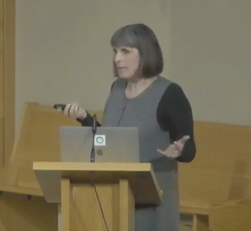 Dr. Peggy Thomson-Gibson Dr. Peggy Thomson-Gibson
Canadian Catholics who want a more fulsome public discussion of the law regarding medically-assisted death are being called to use their faith to move a legislative mountain. But take heart. The first item on the change agenda involves something as simple–and important–as writing letters to your Member of Parliament and key government ministers, says Dr. Peggy Thomson-Gibson.
The catch? With people’s lives at stake, there’s no time to lose. A Catholic and Calgary physician, Dr. Thomson-Gibson recently addressed MAiD (Medical Assistance in Dying) at a special meeting held at St. Peter’s parish. There, the medical doctor encouraged Catholics to learn how “we can defend our faith without raising our voices.” To do that, Catholics need solid information about their faith–and about what’s at stake, especially with proposed changes to MAiD law, says Thomson-Gibson. The problem with MAID Approved in 2016, existing MAiD law allows Canadians to choose a medically-assisted death when their death is “reasonably foreseeable.” Health Canada recorded 7,595 MAiD deaths in 2020, up from 1,108 in 2016. For information about why the Church rejects euthanasia or assisted suicide, visit this page. Looking ahead, the number of MAiD deaths to date are a fraction of what was expected had proposed amendments come into effect this March. The now-delayed changes expanded MAiD’s accessibility while simultaneously decreasing oversight, says Dr. Thomson-Gibson. Of primary concern was a change that allowed people with mental illness as their sole criterion to choose a medically-assisted death. People with a severe long-term condition or disability could also access MAiD, opening the door for medically-assisted death to be offered instead of treatment. Opponents say this confuses the notion of a “right” to die with a “duty” to choose death over treatment. This is especially troublesome in a public health system where disabled or mentally-unwell individuals could be made to think they are a financial burden on their families or society. Information released in 2022 shows the proposed changes also cut a mandated reflection period for those whose death is “reasonably foreseeable” under current law. Instead of a 10-day period, the changes required a single day. Another change drops the legal requirement for two witnesses to one and the sole witness could be a paid health professional. These amendments were scheduled to come into effect in March 2023. They were delayed in late 2022, and again last week. This provides more time for study and input. That timeline underscores the opportunity for faith-based outreach, like letters to the Prime Minister and individual Members of Parliament, says Thomson-Gibson. She suggests letter writers model respect in their letters and conversations about MAiD. Catholics looking for more guidance about how “to shed light, not heat” on hot-button topics should check out information from Catholic Voices Canada (https://catholicvoices.ca), adds the doctor.
Dear Friends and Family, Tuesday, starting at 5 pm, a group of us gathered at St. Mary’s Church in Brooks to pray for my Grandmother and her soul. We asked Christ to intervene in convincing her and others that dying a natural death allows God’s grace and mercy to be poured out upon all people involved. We sang many beautiful hymns, prayed the Chaplet of Divine Mercy, sat in silence, Adored Christ in the Blessed Sacrament and celebrated Holy Mass together. Afterwards, a group of people gathered at my home for fellowship, food and drink. We toasted to my Grandmother’s life and to one another.
Please continue to pray for my Grandmother to accept natural death as a gift to her and to our family. Also, pray for ways that we may influence society to understand the graces poured out upon us when we visit the suffering and care for them as we would want to be cared for ourselves. Increased personal support and prayer support for those in poor health will reduce the chances of people seeking physician assisted suicide. Thank you to all of you who prayed for my Grandmother, for my family and for our world. I know that well over a hundred people agreed to pray and that four masses were offered up by priests and a Bishop and a Brother for my Grandmother on the day she was scheduled to die. Intercessory prayer IS heard and has the power to change the future. Pope Francis, in Evangelii Gaudium, mentions intercessory prayer. A great brief meditation on intercessory prayer: 283. The great men and women of God were great intercessors. Intercession is like “a leaven in the heart of the Trinity”. It is a way of penetrating the Father’s heart and discovering new dimensions which can shed light on concrete situations and change them. We can say that God’s heart is touched by our intercession, yet in reality he is always there first. What our intercession achieves is that his power, his love and his faithfulness are shown ever more clearly in the midst of the people. After this experience, I am filled with thankfulness to God and his great mercy and for the people of God who continue to pray for each other. Most of all, the message I receive from this situation is, Prayer is Powerful and Prayer Works! I feel drawn to pray with other people more often using song, scripture, Prayers of the Faithful, the Chaplet of Divine Mercy, the Holy Rosary and daily Mass. In closing, I would like to invite you to think about spending a half hour a week supporting a person who is suffering. If you are a person who is interested in visiting people in the palliative care unit in Brooks, please let me know. I’ll help you and partner up with you, if you like. In addition, if you would like to visit people in palliative care units or hospices in other cities, but don’t know how to go about it, please let me know. I can provide you with a step-by-step guide explaining how to approach care unit staff in order to gain access to patients who want visitors. In addition, the guide includes recommended strategies that will allow your visits go well. Again, thank you for your prayers, your emails, phone calls and personal visits associated with my Grandma’s situation. You have been Christ’s light in the darkness. With gratitude and increased faith, Kim Heinrichs
Below is a video series on the Catholic Response to Medical Assistance in Dying (MAID), presenting Bishop William McGrattan, Dr. Eric Wasylenko and Fr. Cristino Bouvette. Moral Theology of Catholic Decision MakingThe legalization of Euthanasia in Canada is of concern to all Catholics, not only those employed in the medical profession. As euthanasia (often termed Medical Assistance in Dying or MAID) involves the intentional taking of a person’s life, it presents a challenge for all who are committed to upholding the dignity of life and protecting the most vulnerable in our society. In a thoughtful and considered presentation which is of significance to all who are committed to living the Gospel message faithfully, Bishop William McGrattan of the Diocese of Calgary, Alberta, identifies the many spiritual concerns which flow from the legalization of euthanasia – including many you may not have previously considered. Topics discussed include: the role of individual and institutional conscience; the basis for conscientious objection by medical professionals; the principle of cooperation as it relates to taking one’s life; and the risk of scandal. Regardless of how familiar you are with the subject, Bishop McGrattan presents insights which are sure to lead to further reflection. Truly Caring for the Terminally IllDr. Eric Wasylenko, a palliative care physician and clinical ethicist, shares his insights and concerns relating to the legalization of euthanasia (often termed Medical Assistance in Dying or MAID) in Canada. Medical intervention to hasten death differs greatly from withdrawing medical care so as to allow a natural death. He explains how attempts to exert human control over the process of death are in conflict with both the traditional concepts of palliative care and the true essence of what it actually means to care for and assist those who are terminally ill. Dr. Eric Wasylenko proposes that we ought not to apply the label of “conscientious objectors” to those who oppose euthanasia, but rather direct the dialogue to reflect that reality that those who oppose euthanasia hold deep convictions and are determined to adhere to their moral commitments. The Dignity of Human LifeFr. Cristino Bouvette, a priest for the Diocese of Calgary, leads an impassioned and inspired discussion on the Church’s teachings regarding euthanasia. As a consequence of the incarnation – the Word becoming flesh – acknowledgment of the dignity of each person as made in God’s image rests at the heart of Catholic social doctrine. As Fr. Cristino Bouvette explains, the Church does not pronounce on matters of morals without providing reasons which are derived from both scripture and rationality. As he guides us through Church teachings relating to the end of life, Fr. Cristino clearly illustrates why opposition to euthanasia is necessary to not only abide by God’s law, but also to draw each person’s heart closer to the Heart of God and the divine and personal plan which Jesus has for each and every life. Allow yourself to be inspired to live the Gospel more deeply. |
Author
Catholic Pastoral Centre Staff and Guest Writers Archives
July 2024
Categories
All
|
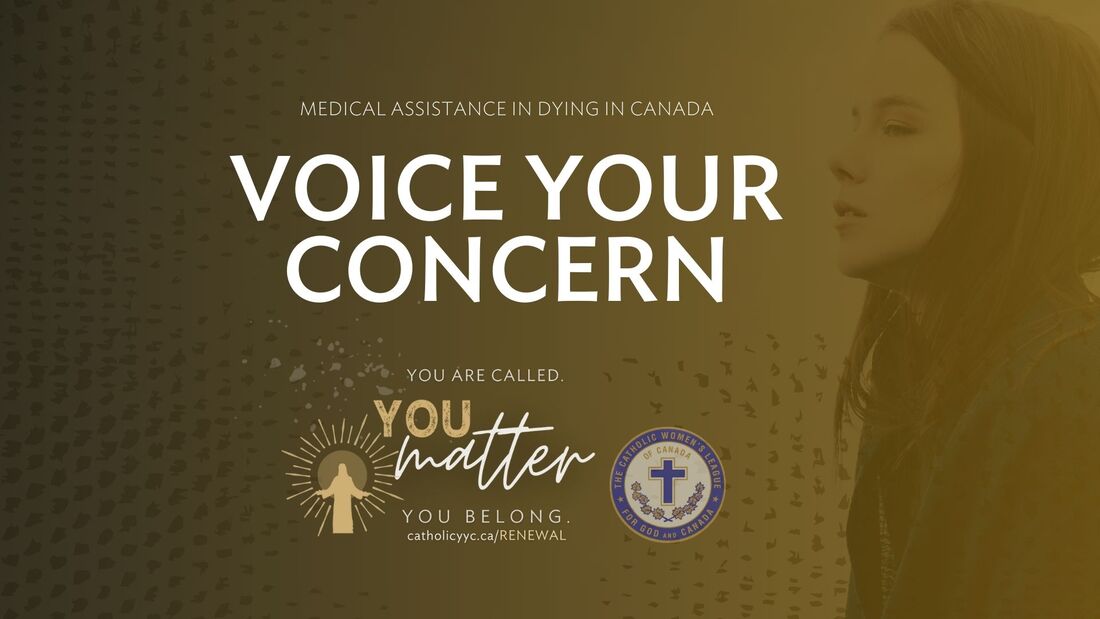
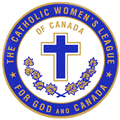
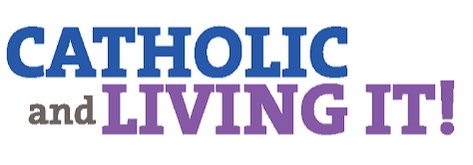
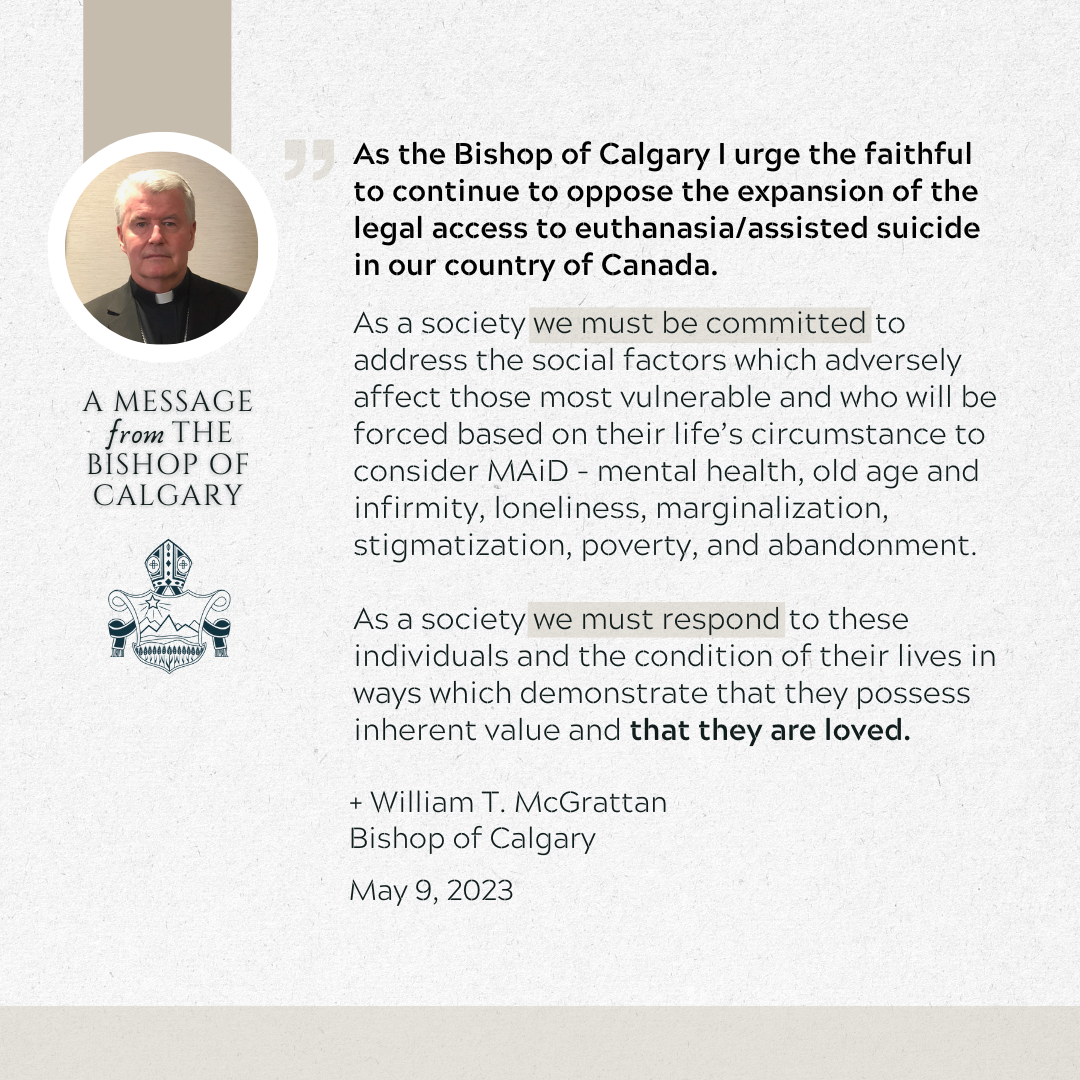
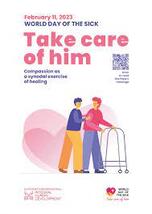
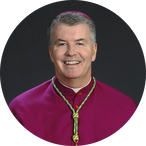
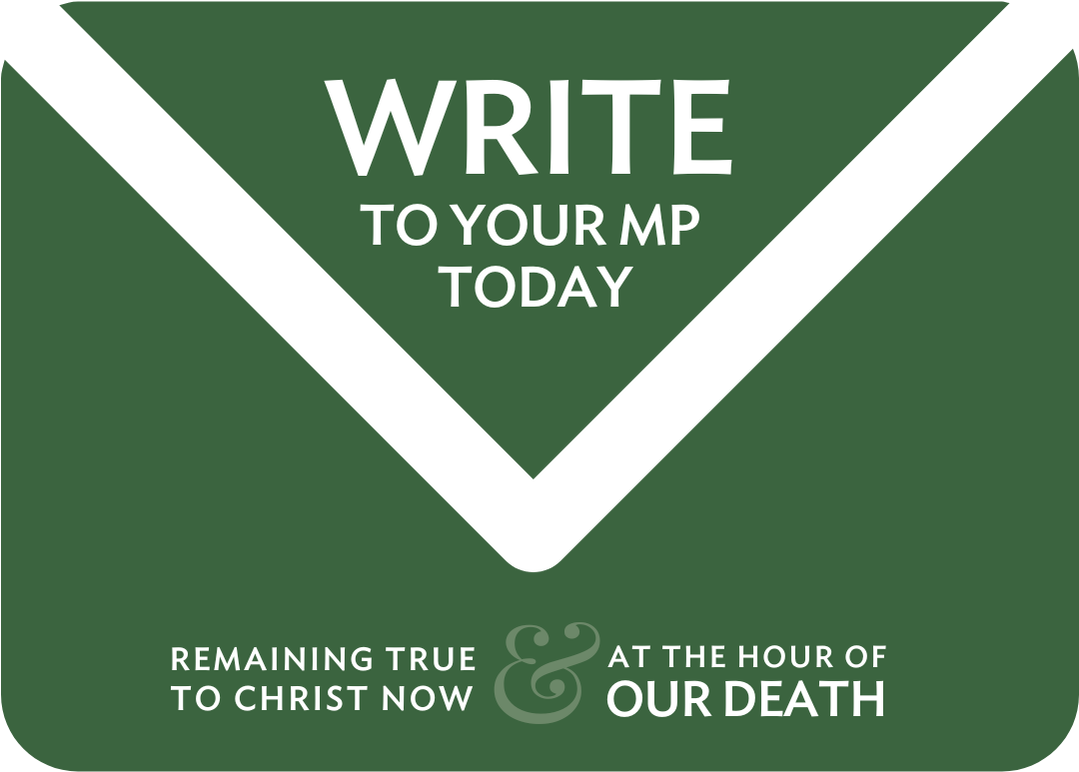
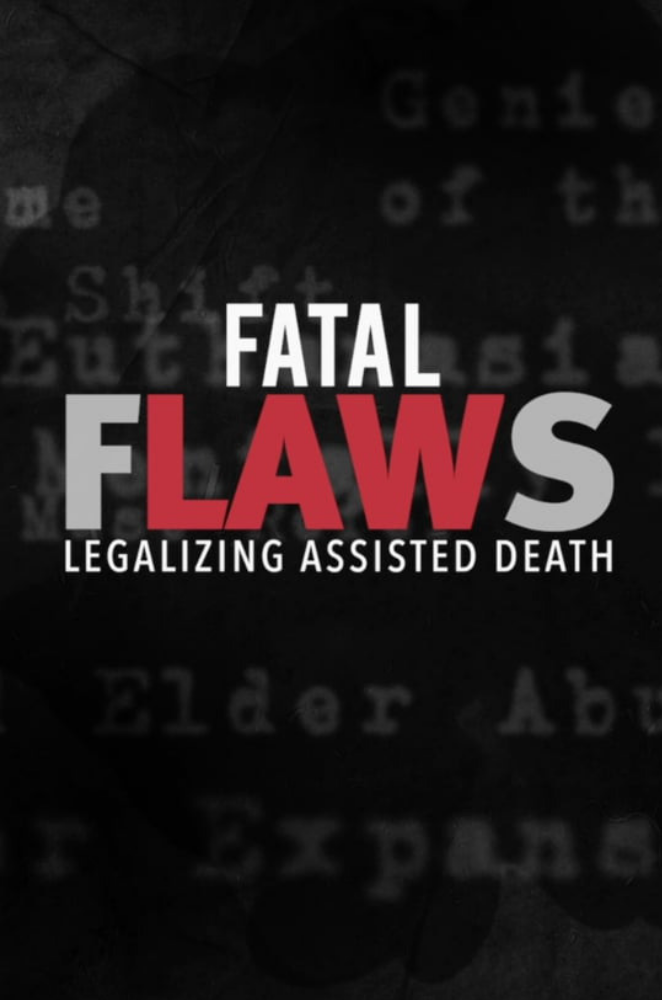

 RSS Feed
RSS Feed